Military commanders might nearly always be odd mixtures: using violent means for ends they consider justified. But some we can only view with consternation. What are we to make of Alcibiades, the brilliant Athenian who first betrayed his native city to fight against her in the ranks of Spartans, then switched gain to lead Athenians against the Spartans?
A like paradox is Cesare Borgia (pronounced chez’iray bor’ja), a tangle of traits we might now look back on as both good and bad. Certainly Cesare was a brave soldier. In addition, he commanded the respect of his troops, and even in his own day was rated one of the finest military men of the age. City after city fell to his army. He considered his cause just: Restoring the Papal Lands to the Pope’s control, and perhaps eventually uniting all of Italy against foreign troops and invaders.
Cesare would not be forgotten even if he had not won a kind of literary fame out of proportion to his accomplishments: He was in large part the model for Niccolo Machiavelli’s irrepressible treatise on statecraft The Prince (1513). Brilliance and charm were Cesare’s in abundance. Deceit, treachery, and murder by proxy were his also, though probably not the many poisonings attributed to him and his father Pope Alexander VI by their foes.
Tall, strong, he was every inch the soldier and macho adventurer. He sported as a bullfighter and is said to have decapitated a bull with a single sword stroke. He was a ladies’ man, too, despite being married, and bore the apropos title Duke of Valentino. By good fortune, he was also the son of Pope Alexander and so had position and wealth. The Pope hoped Cesare would seize back from feudal despots’ territories and cities Alexander said had been usurped from the Papal Lands stretching across the middle of the Italian peninsula.
This the handsome 25-ish general did with alacrity in 1499-1501. Where he could seize a town by negotiation, he did, where by deceit he did also. But if it came to a siege he was ready for that, too, and with a passion. He concentrated his cannon to specific points in a town wall, smashed them, and then had his men charge through. As much as most, he tried to control orgies by victorious soldiers; thus even some of those he conquered admired him. His own soldiers favored him for the low casualties of his conflicts and the discipline he kept with occasional but dramatic executions. He hired Leonardo da Vinci to make military siege equipment. He gave what lands he conquered the best rule they had had in centuries. Who might not compare this man to the first Caesar of 15 centuries previous? Might he not unite all of brilliant Renaissance Italy into a nation-state such as that of France or Spain and defend it from invasion?
But he lacked the first Julius Caesar’s restraint, and the former’s skill at retaining allies while charming potential opponents. And his star was not so lucky. When his father died prematurely, Cesare had not the skill to hold back the tide favoring the future Julius II (a Della Rovere, not a Borgia) for the papacy. Julius was just as crafty and willful as the young commander, and soon Cesare was out of favor, then imprisoned for two years in Spain.
One more triumph remained to him—a fighter’s death. Escaping from prison and taking up arms for his wife’s brother, the King of Navarre, he led a small force against the rebellious Count of Lerin’s fortress of Viana. In battle against the count in 1507, Cesare defeated the rebel’s soldiers but pursued too swiftly. Reinforced, the count turned to fight and Cesare’s troops—save one—fled. These two fought with singing swords until overwhelmed by numbers. Cesare was 31 years old.
Brooke C. Stoddard
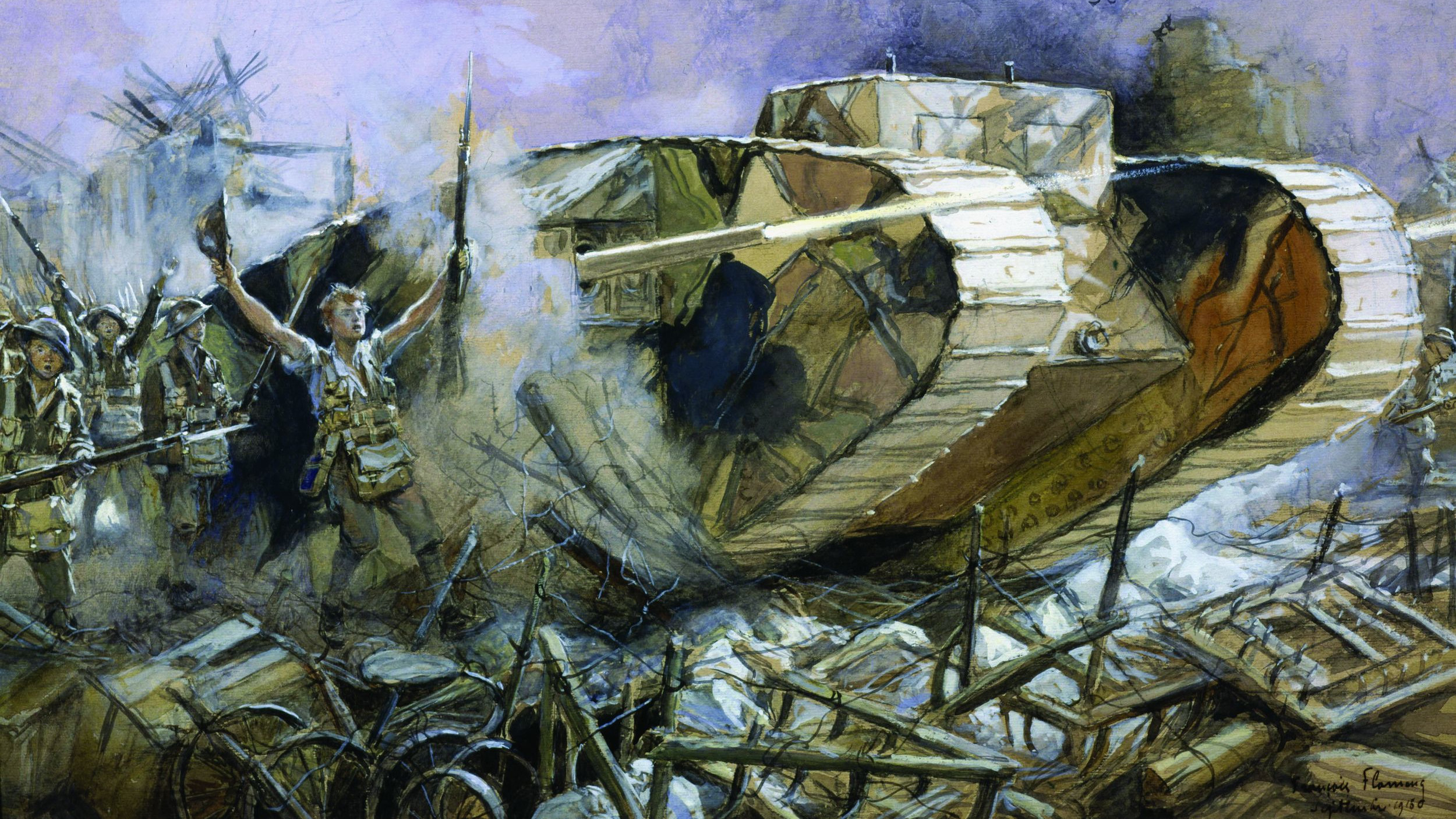
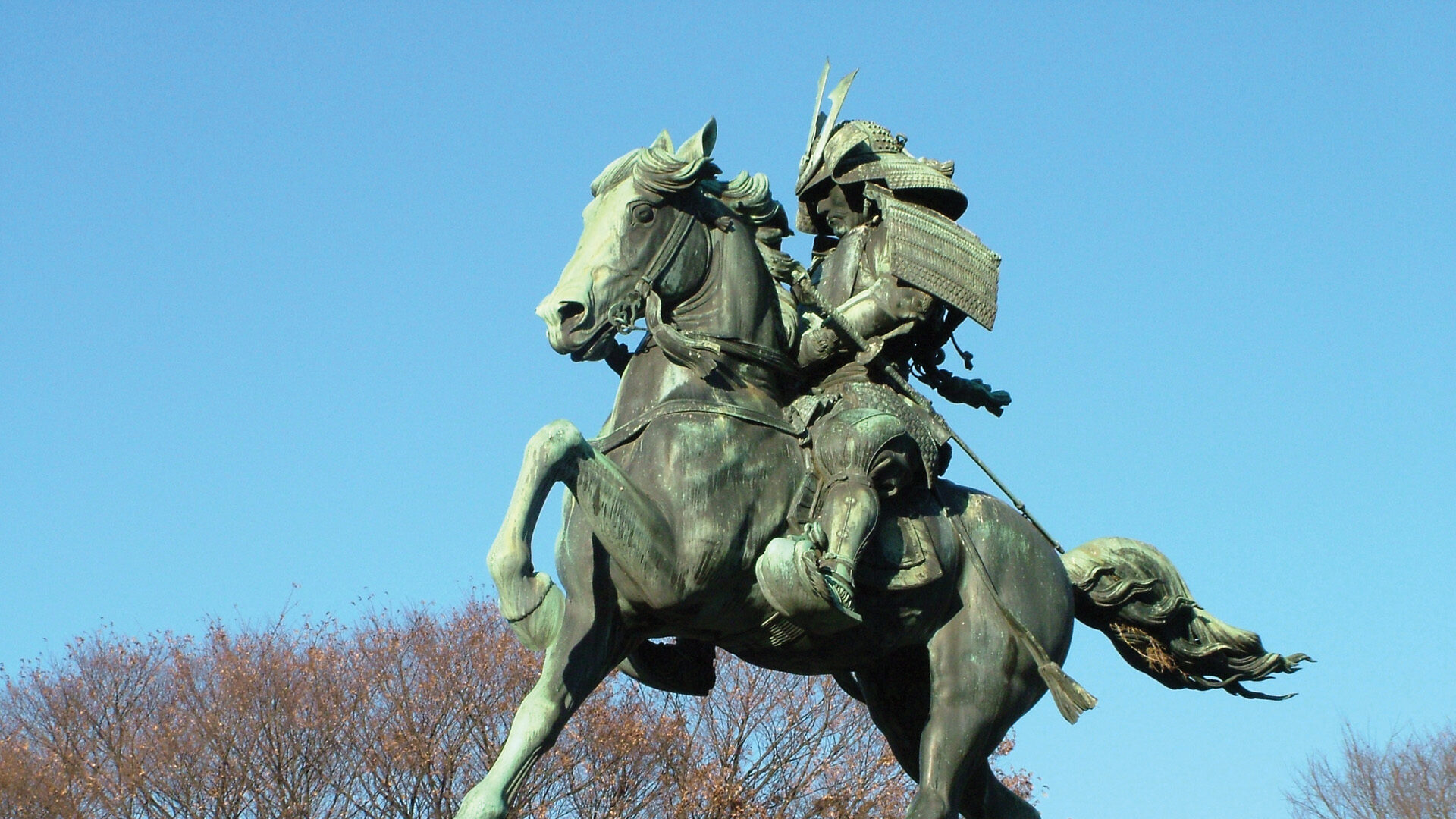
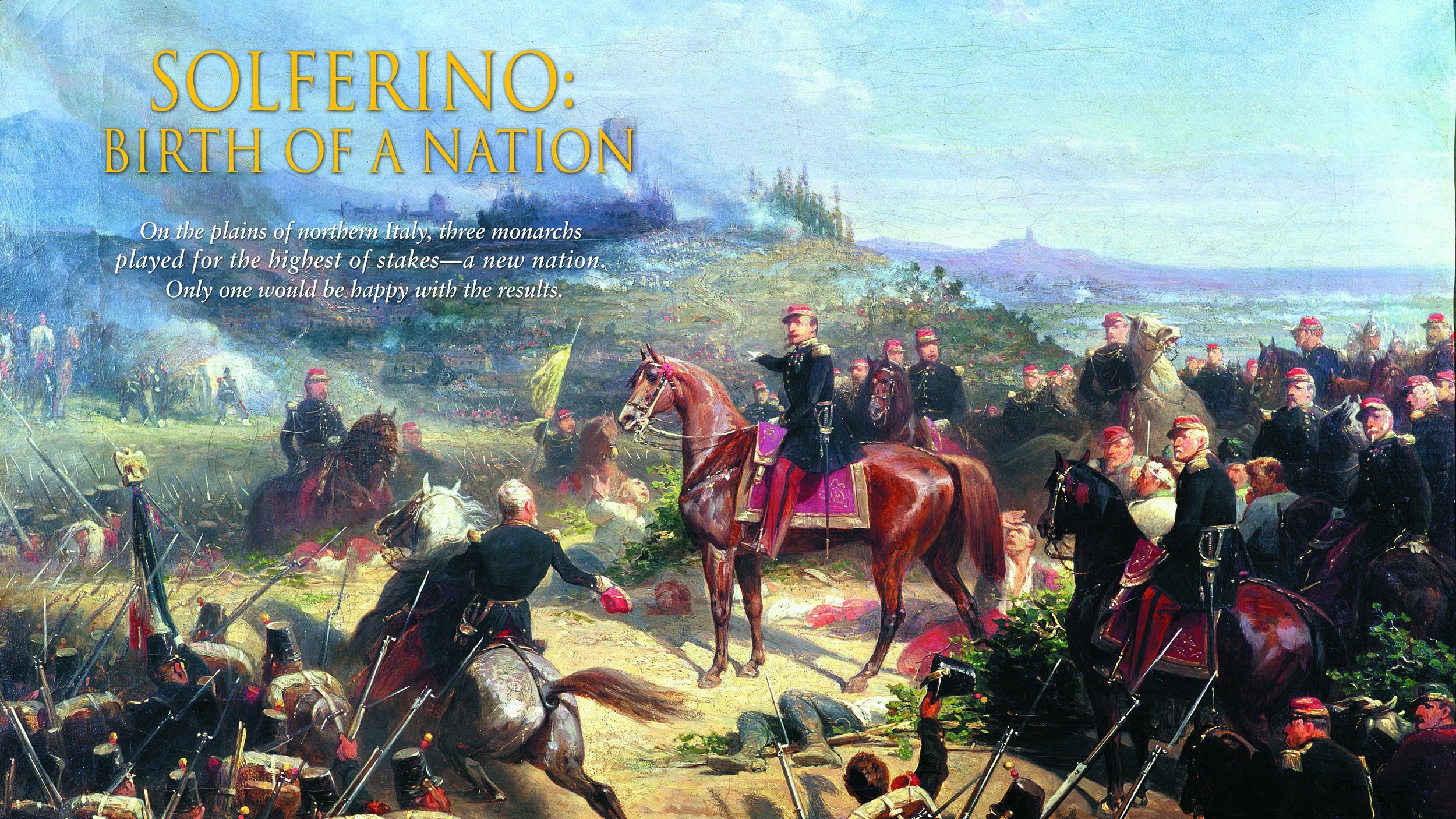
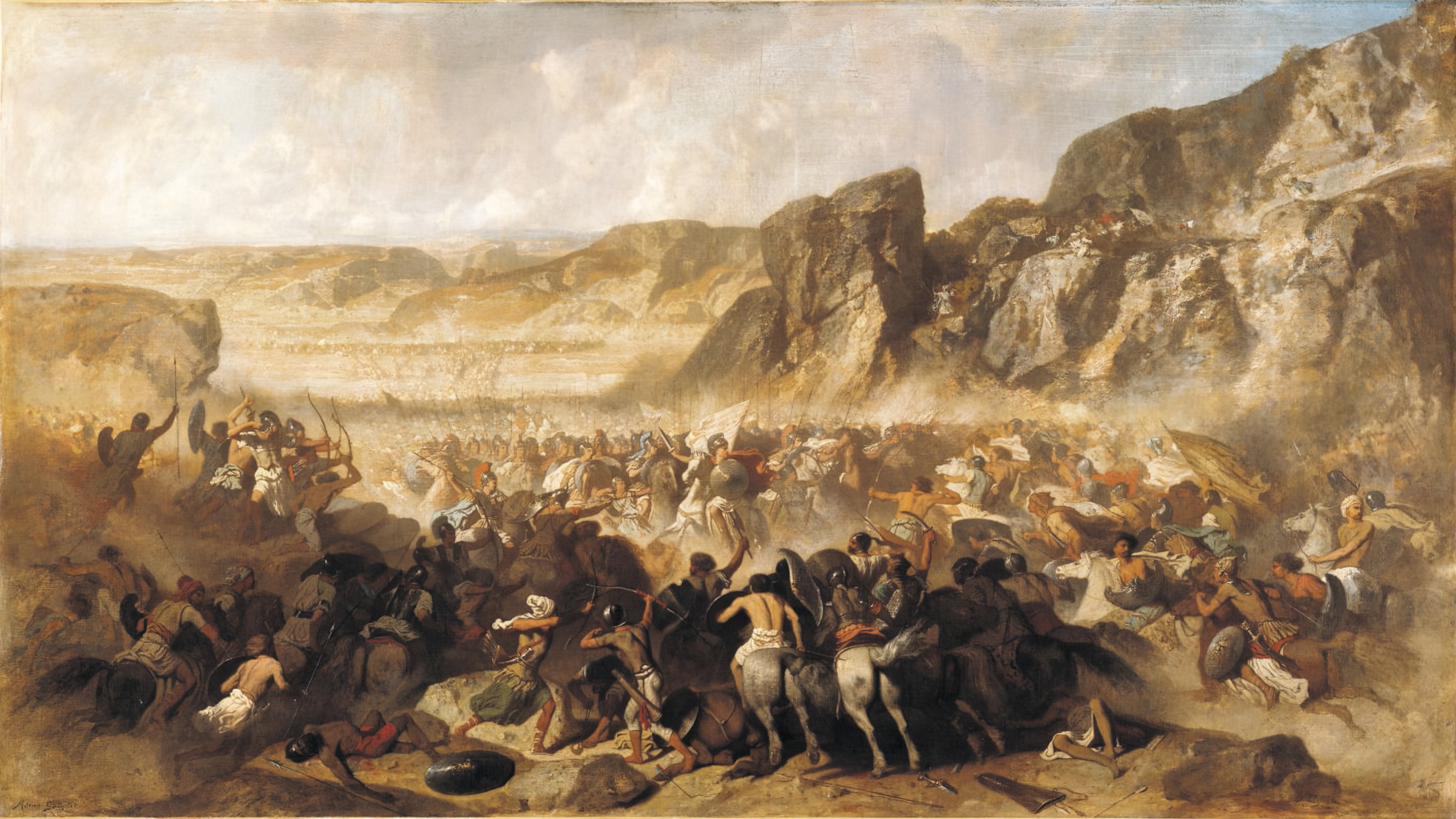
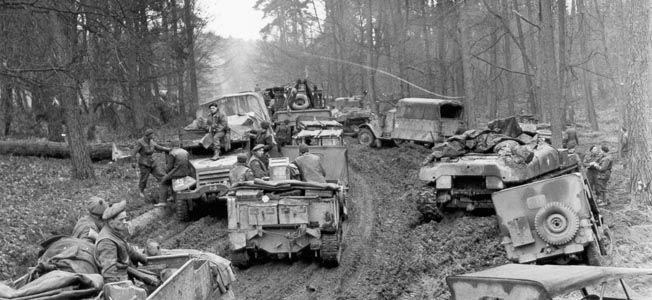
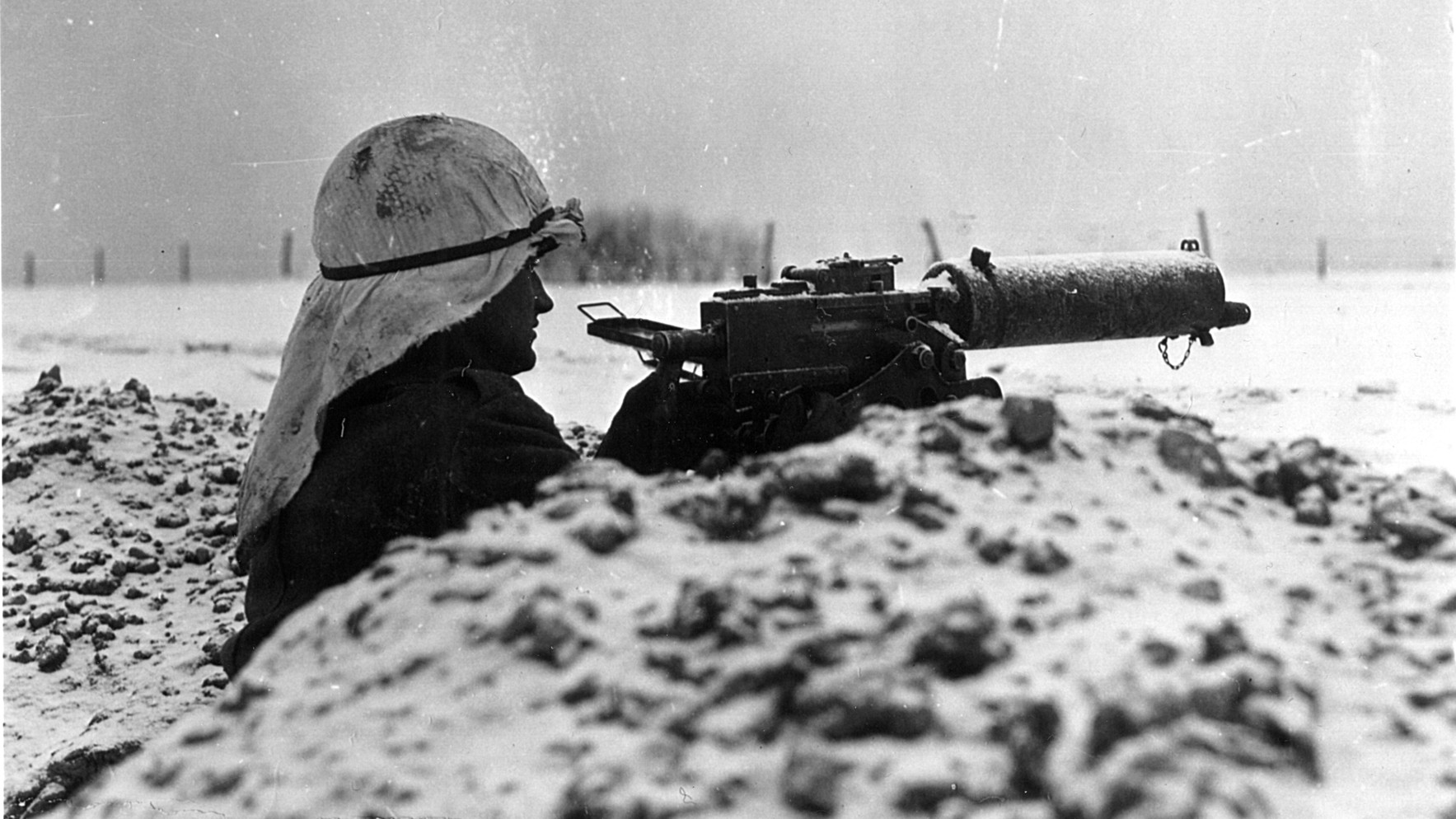
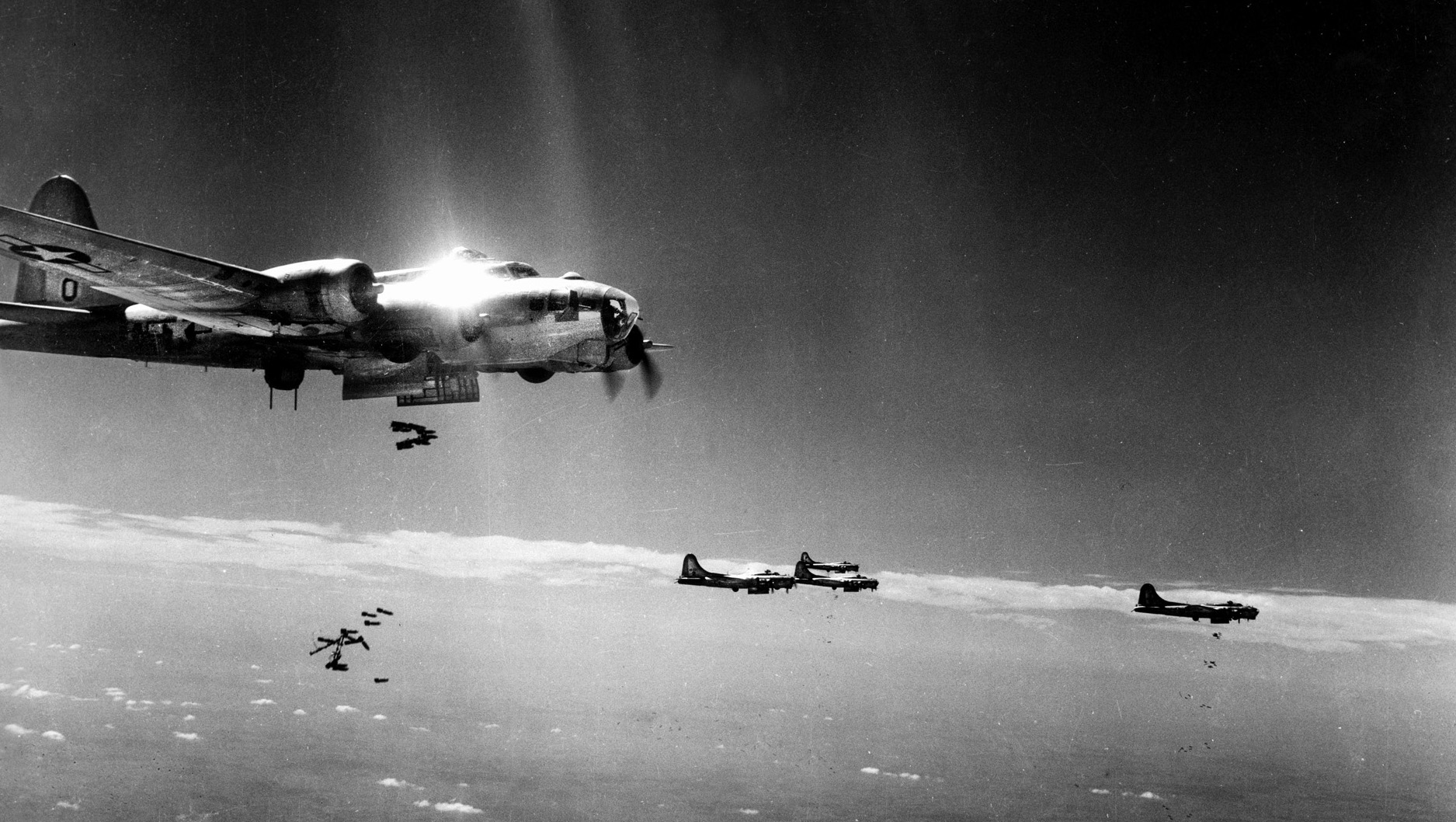
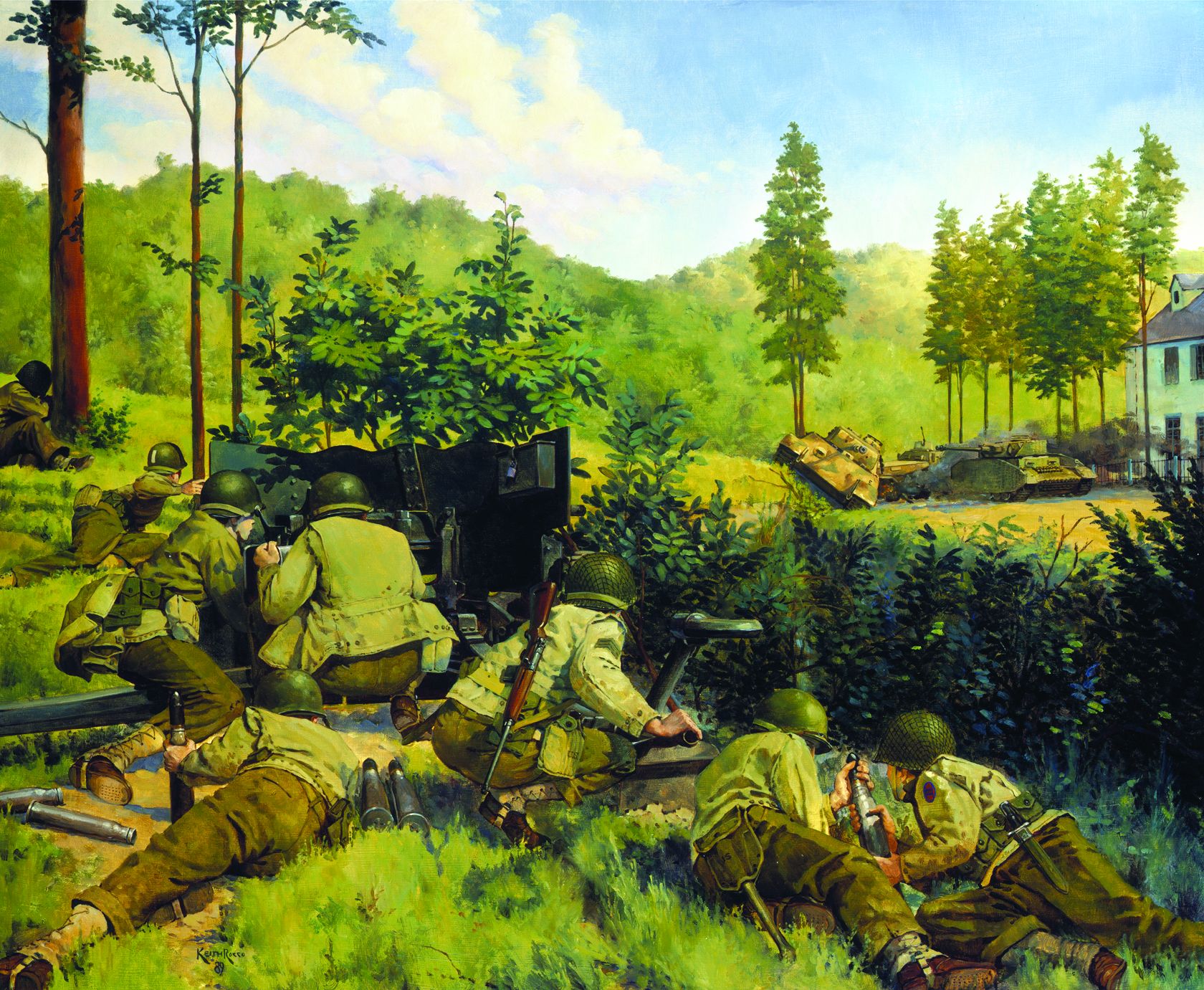
Join The Conversation
Comments
View All Comments